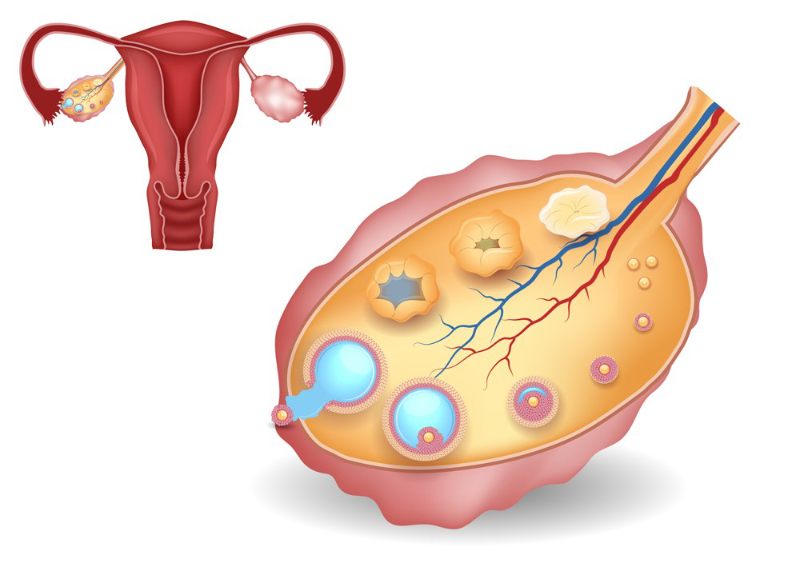How can ovulation induction help you fall pregnant?
You and your partner have decided it’s time to start a family. You’ve read that timing intercourse around ovulation is the best way to improve your chances of falling pregnant, but for many women that’s easier said than done. If you don’t have regular cycles or perhaps have certain health issues, you might want to consider ovulation induction. This treatment is used to stimulate ovulation to promote egg development and release.
Who should consider ovulation induction?
So, which women are most likely to be benefit from ovulation induction performed by a fertility specialist? Reproductive hormone levels obviously play an important role, but a very large number of women don’t produce eggs regularly despite having normal hormone levels. These issues can be caused by insulin resistance, obesity, or biochemical abnormalities. Therefore, you need to understand that just because you have regular periods, doesn’t mean you ovulate.
There are also many women who have more obvious hormonal issues. If you have amenorrhea, in other words you haven’t had a period for six months or more, or oligomenorrhea, meaning you regularly don’t menstruate for 35 days or more, ovulation induction will improve your chances of producing an egg and therefore becoming pregnant.
What causes irregular cycles?
There are a number of reasons why a woman might have irregular cycles – amenorrhea or oligomenorrhea – including an ovarian disorder called polycystic ovarian syndrome. But sometimes the hypothalamus, which is the area of the brain that releases hormones, becomes suppressed prevents ovulation.
Causes for this can include excessive exercise, dramatic weight loss, as well as eating disorders. There are also medications that can be secondary causes of amenorrhea, such as some contraceptives, antidepressants, as well as chemotherapy and radiation treatment for some types of cancer (What causes amenorrhea? NIH, Eunice Kennedy Shriver National Institute of Child Health and Human Development).
How do you know when ovulation induction makes sense?
At our Perth-based fertility clinic, we carry out cycle tracking to determine whether you are ovulating regularly or have disordered ovulation. This includes periodic blood tests and ultrasounds during the month. If we determine problems, we can begin ovulation induction treatment.
Fertility specialists will use a number of methods to induce ovulation, including treating the patient with a tablet at the beginning of her cycle or even daily injections where that’s considered the most effective course of treatment. Contact our Perth clinic to learn how we can help you with your cycle.

